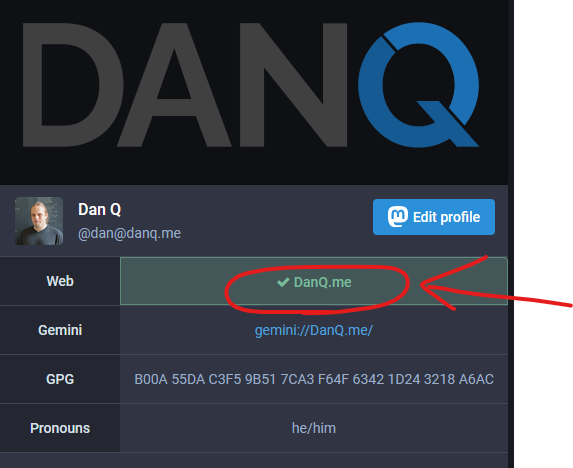…
Any system where users can leave without pain is a system whose owners have high switching costs and whose users have none. An owner who makes a bad call – like removing the block function say, or opting every user into AI training – will lose a lot of users. Not just those users who price these downgrades highly enough that they outweigh the costs of leaving the service. If leaving the service is free, then tormenting your users in this way will visit in swift and devastating pain upon you.
…
There’s a name for this dynamic, from the world of behavioral economics. It’s called a “Ulysses Pact.” It’s named for the ancient hacker Ulysses, who ignored the normal protocol for sailing through the sirens’ sea. While normie sailors resisted the sirens’ song by filling their ears with wax, Ulysses instead had himself lashed to the mast, so that he could hear the sirens’ song, but could not be tempted into leaping into the sea, to be drowned by the sirens.
Whenever you take a measure during a moment of strength that guards against your own future self’s weakness, you enter into a Ulysses Pact – think throwing away the Oreos when you start your diet.
…
Wise words from Cory about why he isn’t on Bluesky, which somewhat echo my own experience. If you’ve had the experience in recent memory of abandoning an enshittified Twitter (and if you didn’t yet… why the fuck not?), TikTok, or let’s face it Reddit… and you’ve looked instead to services like Bluesky or arguably Threads… then you haven’t learned your lesson at all.
Freedom to exit is fundamental, and I’m a big fan of systems with a built-in Ulysses Pact. In non-social or unidirectionally-social software it’s sufficient for the tools to be open source: this allows me to host a copy myself if a hosted version falls to enshittification. But for bidirectional social networks, it’s also necessary for them to be federated, so that I’m not disadvantaged by choosing to drop any particular provider in favour of another or my own.
Bluesky keeps promising a proper federation model, but it’s not there yet. And I’m steering clear until it is.
I suppose I also enjoyed this post of Cory’s because it helped remind me of where I myself am failing to apply the Ulysses Pact. Right now, Three Rings is highly-centralised, and while I and everybody else involved with it know our exit strategy should the project have to fold (open source it, help charities migrate to their own instances, etc.) right now that plan is less “tie ourselves to the mast” than it is “trust one another to grab us if we go chasing sirens”. We probably ought to fix that.



